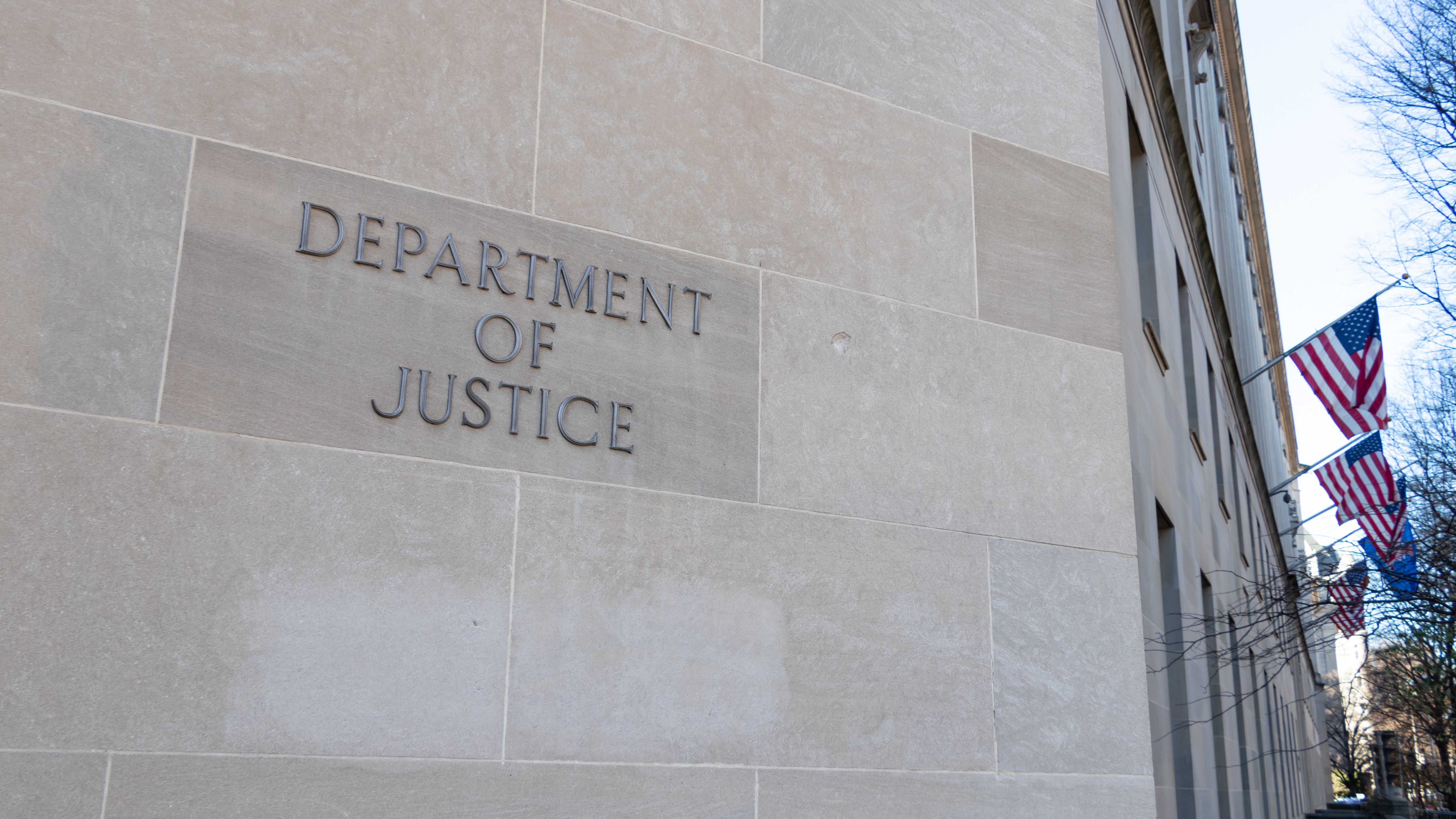In April, a state bill in Georgia aimed at clamping down on foreign influence landed on the desk of Governor Brian Kemp.
Presented under the guise of common-sense legislation, the bill was more reminiscent of McCarthyism; if passed, it would have required workers of foreign-owned businesses such as Hyundai, Adidas, or Anheuser-Busch in Georgia to register as foreign agents, placing a huge burden on everyday Americans.
Fortunately, the sponsor of the bill realized that such a broad measure could bring “unintended consequences,” and requested that Governor Kemp veto his own legislation.
Foreign-influence regulation has always been left to the federal government — until now. Red and blue states alike — including Arizona, Tennessee, California, Illinois, and Oklahoma — are considering bills similar to Georgia’s. And they are popular. In late May, the California foreign-influence bill sailed through the Senate without a single “no” vote.
They are being dubbed “baby-FARA” bills because they borrow heavily from the Foreign Agents Registration Act (FARA), the federal law that requires individuals doing political work on behalf of foreign entities in the U.S. to register with the Department of Justice and report their activities. “Baby-FARA” makes them sound quite innocuous — when in reality, these laws go far beyond the federal framework for regulating foreign influence.
Nick Robinson, a Senior Legal Advisor at the International Center for Not-for-Profit Law, explained in an interview that, “it would be a nightmare to have 50 different regulations for foreign influence across the country.” According to Robinson, “It would create an incredible legal administrative burden and the potential for weaponization against people who are unpopular with the state government.”
Georgia may have dodged a bullet, the question now is whether its experience will serve as a warning sign or a harbinger for other states.
While FARA includes exemptions for commercial activity, religious or academic pursuits, and humanitarian activities, many of the state counterparts do not. Without a humanitarian exemption, American workers of foreign non-profits raising funds for disaster relief may have to register as foreign agents. Without an academic exemption, a visiting professor from Pakistan might have to register as a foreign agent in Oklahoma.
Perhaps most consequentially, without a commercial exemption, the “baby-FARA” bills could compel employees of Chinese-owned companies like Smithfield Foods or Motorola in Los Angeles, Phoenix, Chicago, and Nashville to register as foreign agents of China. Moreover, they could all be threatened with jail time and a hefty fine if they don’t.
Several proposals list “countries of concern” that the bill applies to. For instance, Illinois’ bill would require anyone acting as an agent of a foreign principal of a country of concern to register with the state attorney general’s office, a list which includes China, Russia, Iran, North Korea, Cuba, Syria, and Venezuela. While there are well-founded concerns surrounding illicit influence from some of these countries, these laws will likely do more to fuel xenophobia and conflict. Not to mention, whereas influence from countries like China is seen as a provocation, it is often the U.S.’s authoritarian partners — countries such as Saudi Arabia and the United Arab Emirates — that have an outsized role in shaping U.S. national security policy. According to a recently published Quincy Institute brief, none of these “countries of concern” in the Illinois bill for example are even among the top 20 most active lobbies in the U.S. under FARA.
Even if these bills were to pass, states simply don’t have the resources and capacity to maintain extensive databases on foreign activities or launch sweeping investigations into unregistered foreign agents. Worse, a convoluted patchwork approach could create conditions for malign foreign influence operations to exploit loopholes.
These bills could also violate the First Amendment. According to Darrell Hill, policy director for the American Civil Liberties Union of Arizona: “There are a number of First Amendment concerns around compelling unnecessary disclosures to the state and discriminating based on national origin, which would impact people who live in the United States and have legally immigrated here.”
Fortunately, some legislators are realizing that the potential breadth of these measures is too great and would not pass constitutional muster. Arizona’s bill seems poised to meet the same fate as Georgia’s. “Once it was made clear how expansive this bill is, lawmakers lost appetite,” said Hill.
It may be tempting for state legislators to want to create their own version of FARA. After all, the Department of Justice indicted two sitting members of Congress for charges related to accepting bribes on behalf of foreign interests in the past year. What else might they have missed?
However, foreign influence is a concern for the entire U.S., not just any one state, and thus needs a national solution. In their current form, these bills are more likely to be weaponized and fuel xenophobia and conflict than they are to actually combat pernicious foreign influence.
















